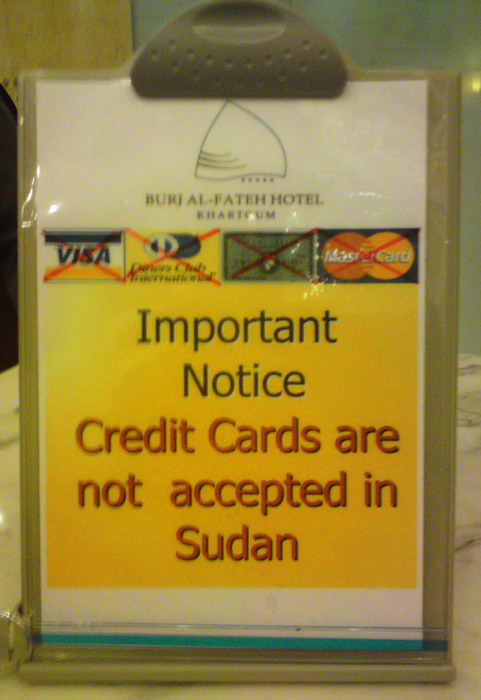It promised to be an interesting event since unlike a previous mission to Khartoum, Nyala and El Fashar I was to be based in one centre for the week. Also the list of practitioners and speakers is very heavily weighted in favour of the African continent and I was the sole European representative. An honour indeed!
I was asked to focus on a couple of topics: Missions and Creative Commons. More on the latter in a subsequent posting. Here’s a taster from the abstract I wrote with Victoria Ward for the event:
Missions are one of the key ways any development bank or agency can collect, disseminate and synthesize knowledge but the opportunities to do so are often overlooked or wasted.
Most of the processes are focused on producing a report (back to the office report- BTOR), managing risks and making decisions yet every component can be adjusted and fine-tuned or used in more than one way.
This presentation, based in part on a mission to Sudan conducted in 2010 by Sparknow working alongside the World Health Organisation (WHO), will examine a variety of mission collection methods and discuss how the ‘fire of the field’ can be brought back into an organization.
Imagine you are a bank looking to set up a new Islamic finance operation targeted at the private sector in West Africa. There are few peer groups you can look to for advice; it’s by and large unchartered territory. What are your options?
· talk to the founding fathers of other Islamic institutions
· undertake a scoping mission to the country
· identify others in your own institution that have core skills you might draw on.
You actually do all the above but in addition you put in place a programme to ensure that you capture all the learning’s from this new venture; the nuances around operating ‘offshore’ from HQ; the peculiarities of the culture and the way things are done and; you create a missions guide and a mechanism for feeding back what you learn into your organisation. This charts Sparknow’s mission journey illustrated by some of the techniques we’ve found to be of value.
Oh and this time I am going to remember to take nice new shiny dollar bills and not my credit card.

